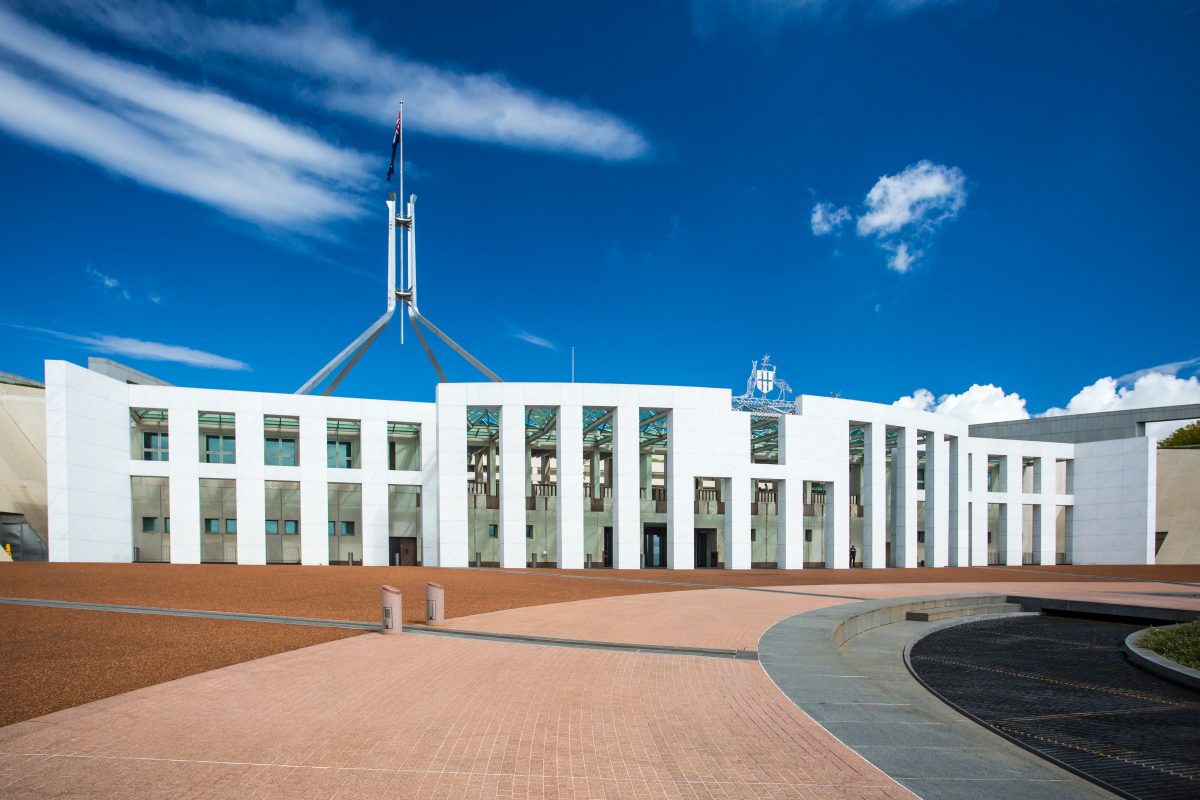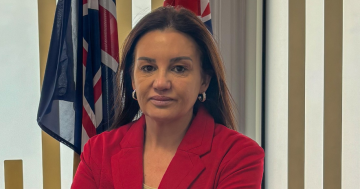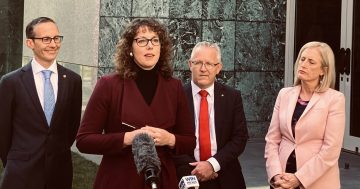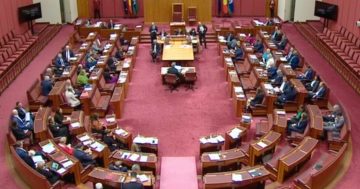
Labor’s religious discrimination bill won’t be debated in parliament any time soon. Photo: File.
Finding the balance between protecting LGBTQIA+ staff and students from discrimination and providing legal protection for religious schools seems to be beyond the Federal Government.
The Australian Law Reform Commission’s final report on the issue is about to land after the government commissioned it to consult with stakeholders and propose a way forward.
One of Labor’s election promises was to introduce legal protections for religious beliefs while also protecting LGBTQIA+ staff and students.
Scott Morrison found it too hard to implement – now it’s Anthony Albanese’s turn.
The Prime Minister has suggested this week that he won’t go much further without the Coalition coming to the party.
But the Opposition insists it can’t offer bipartisan support if it doesn’t know the government’s intentions.
Mr Albanese told his caucus that with the rise in both anti-Semitism and Islamophobia in Australia due to the current conflict in the Middle East, now was not the right time to reveal details of any proposed legislation that could risk more ugly division over religion.
“If there is no agreement, then now is not the time to have a divisive debate,” he said.
But Opposition Leader Peter Dutton says the PM is using the Coalition as an excuse to put plans on the back burner, and his Senate leader, Simon Birmingham, said while it was a reasonable ambition to seek bipartisanship, the government had to work to achieve it.
Instead, he said, the government has been “quite secretive” about the whole process.
“The Opposition has not yet seen the proposals from the government, so it’s very hard to give bipartisanship to something you have not seen,” Senator Birmingham said.
The Coalition is not likely to support significant chunks of what Labor would be hoping for and would lean more towards protecting religious beliefs than the rights of the LGBTQIA+ community.
But with the ball firmly in the government’s court, it’s Labor that is now being pressured to deliver on its promises.
In Question Time on Wednesday (20 March), the Prime Minister said no Australian should be discriminated against on the basis of their gender, their sexuality or their faith.
“I support religious liberty and I think it would be an important step forward if this parliament were to pass legislation,” he said.
“The government has prepared two pieces of legislation – a religious discrimination bill and a Sex Discrimination Act amendment bill to achieve the objectives of ensuring that people of faith can practise their faith free of discrimination, that religious-based schools can operate on the basis of their faith, including on employment issues.
“We have consulted widely … and what I have said from the very beginning … was that there needed to be bipartisan support for this position because, as Senator Birmingham said this morning, I think it is a reasonable ambition to want to seek bipartisanship.
“If it is going to be passed through the Senate, given its nature, it needs the support not just of the government, but it needs the support of either the Coalition or the Greens political party.
“That’s just the numerical facts of what is there. We will work with everyone, including the crossbenchers, on these issues. I have said, though, that we wouldn’t go through a parliamentary committee process.
“It is now time to determine whether we’ll progress forward. I’m for progressing forward based on a bipartisan position, and I hope that can be achieved.
“If not, then that will, of course, be a decision for this parliament as well.”
Tasmanian Liberal MP Bridget Archer, who crossed the floor on the issue in the Morrison government, said delaying tactics weren’t helpful to anyone.
“I think if we were waiting for bipartisan agreement [in parliament], we wouldn’t get anything done. It’s a function of this parliament that legislation is brought forward by the government or by others at times, and there is a contest of ideas. We examine that legislation, consult with our communities, and hopefully arrive at a consensus decision that is in the best interests of Australia,” she said.
“That’s what I expect the government to do … I would urge the government to get on with progressing this issue and to bring something forward as a starting point that we can collaborate on.”
ACT independent Senator David Pocock agreed, saying the government had to make the first move.
“The Australian people have elected a Senate where neither of the major parties have the numbers,” he said.
“I would urge the government to come forward with their proposed legislation and let us look at the detail … but it’s very hard to deal with hypotheticals.”





















